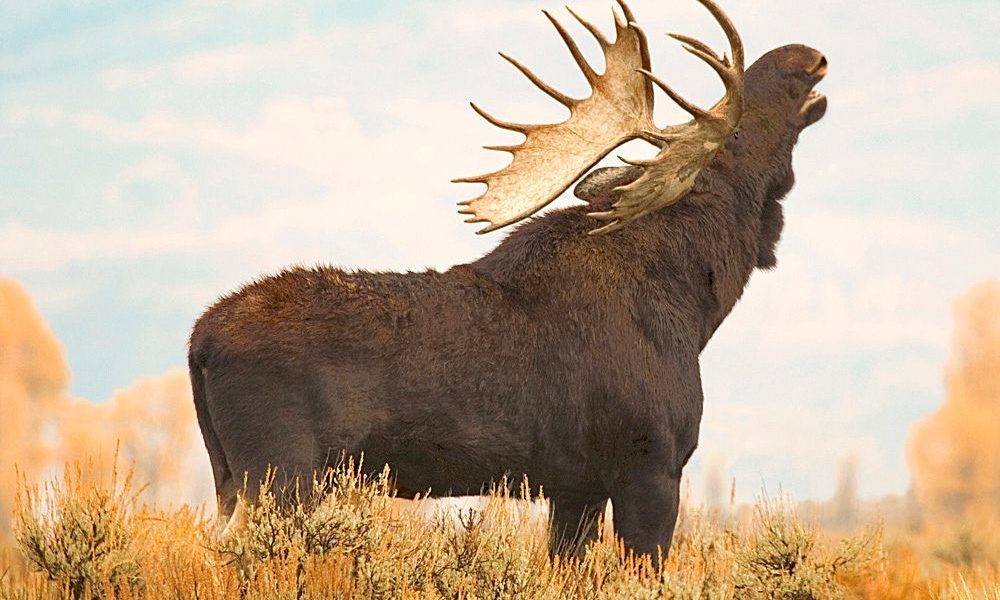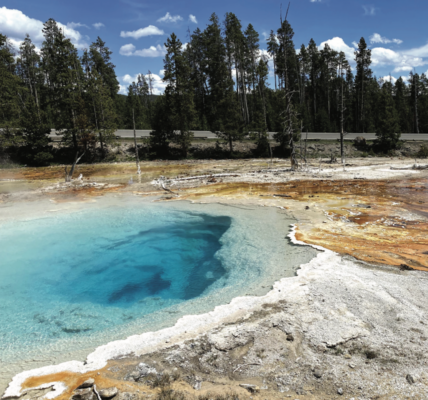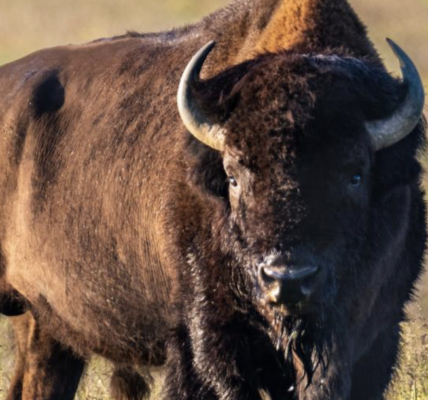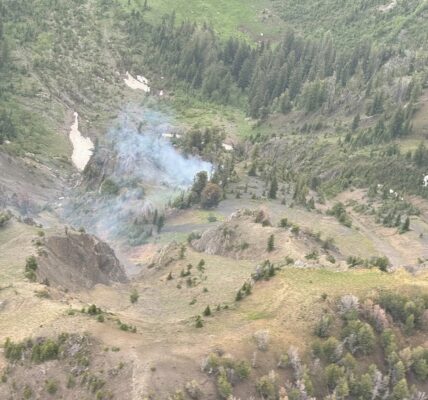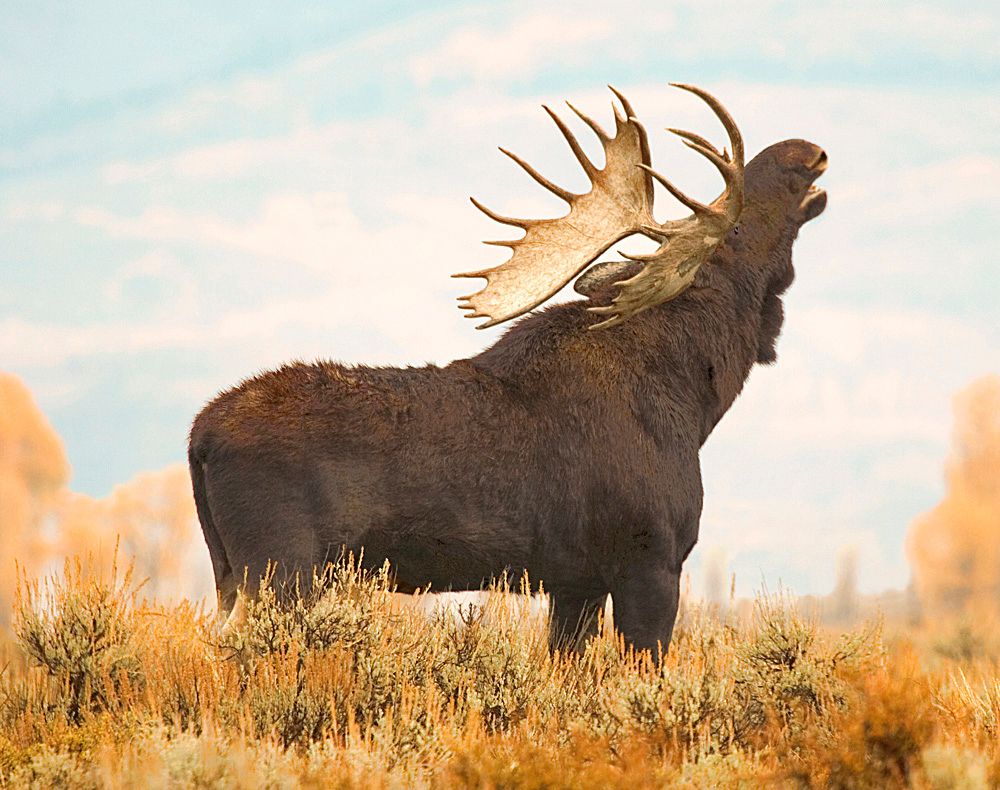
By Mark Davis
Powell Tribune
Via- Wyoming News Exchange
POWELL — As the Wyoming Wildlife task force prepares for its final meeting Wednesday, members of the group brought one of the toughest issues they’re attempting to tackle to Park County constituents knowing no matter what is done — including nothing — is going to end up in disappointment.
Decades ago, the Wyoming Game and Fish Commission elected to offer preference points to hunters for two iconic Wyoming species, moose and bighorn sheep.
The system has worked to date, giving hunters an opportunity to score one of the tags by saving points, often for more than 20 years.
But recent modeling shows that, should the system remain intact, hunters could start accumulating points when they’re young and still never have enough points to guarantee they draw a tag before they are too old to hunt.
The task force has proposed a new weighted bonus system draw to the Legislature despite knowing it will disappoint many who are fully invested in preference points.
But as populations of sheep and moose decline, something must be done, said Rusty Bell, co-chair of the task force.
When the preference point system was set up about three decades ago, the system looked like it would work, Bell said.
“At some point everybody was going to draw. But at that time … we were giving out 360 type-1 sheep tags and we were giving out about 1,300 moose tags,” he said.
Now the Wyoming Game and Fish Department issues about 180 sheep tags and about 300 to 350 moose tags.
“The preference point system right now works for people that have between 21 and 27 [points]. For those at 19 [points] and below, it doesn’t work. In fact, there’s going to probably be more people that die before they get the tag than will get their tag,” Bell said.
The task force is proposing a weighted bonus system that will multiply preference point holders’ chances of drawing a tag.
For example, hunters with 25 preference points entering the bonus system draw would have 100 chances when redeeming their points, compared to one chance for someone not using preference points.
That said, the drawing will be completely random and there is no guarantee that hunters using their points would actually draw a tag no matter how many chances they have in the hat.
“The best way we can improve your guys’ odds of getting a tag is to make twice as many sheep and twice as many or three times as many moose,” he said.
He knows that isn’t possible, although the task force has discussed issues such as predator reduction and habitat improvement during the past 15 meetings in 17 months.
The December meeting will be the last for the 18-member group of stakeholders and experienced wildlife managers such as Game and Fish Director Brian Nesvik, former Game and Fish Commission President Pete Dube and outfitter and Park County Commissioner Lee Livingston.
Sandy Newsome (R-HD 24) is the new chairman of the House’s Travel, Recreation, Wildlife and Cultural Resources Committee.
She fully understands how tough of a sell unpopular decisions can be in the Legislature.
“There’s a million ways for a bill to die, but only one way for a bill to pass,” she told the packed house at the new public meeting facility at the Game and Fish Cody office.
She brought the meeting to Cody hoping to explain how the current process is failing and how, despite unfortunate consequences in every option, it needs to be changed.
Sixteen of the 18-member task force voted to propose the weighted-bonus system, though they have no authority to mandate change. It has to be done in the Legislature.
The bill will start in the Senate. If it passes that first challenge, including passing out of the Travel, Recreation, Wildlife and Cultural Resources Committee, it will move to the House.
Should it succeed in the House committee and get a passing vote on the floor, Gov. Mark Gordon, who appointed the members to the task force, would have to sign it into law.
If the bill passes unchanged (there is plenty of time for proposed amendments), the implementation date would be in 2027, Bell said.
The delay would give those with the most preference points and the most to lose a few years to put in for their tags before the bonus system commences.
The task force has received thousands of public comments on its proposals and the Thursday night meeting was no different, with the question and answer period lasting longer than the presentation.
One member of the audience questioned the equations used by the task force for modeling.
Task force member Joe Schaffer, a Laramie County sportsman and president of Laramie County Community College, said all the data used for modeling came directly from Game and Fish records on current resident and non-resident preference points.
He said they looked at several scenarios, including one that would split the draw 50/50 between those with preference points and those without.
“We tried to use all the data available, trying to wrap our minds around the most common assumptions. And then actually estimated what the lifetime probability was for drawing under different types of draw systems and scenarios,” he said.
Modeling for a 50/50 system didn’t increase the odds of drawing a tag significantly, Schaffer said.
He defended the weighted bonus system pointing out that other western states, like Montana, South Dakota and Nevada, use a bonus system.
“Many western states have some iteration of point systems, and they’ve been grappling with the same issue, you know, preference points versus bonus points,” Schaffer said.
Outfitters at the meeting pointed out the new system would make it hard for their clients to plan for the very expensive hunts, and in turn hurt the outfitters’ bottom lines.
Bell said there is no getting around the issues of the current failing system, barring a miracle.
“We know that this issue, unless we can make some more sheep and moose in the next five years — a whole bunch of them — it’s not going to go away, it’s not going to get better,” he said.
Three outfitters are represented on the task force. There are also two state representatives, two state senators and several associations and foundations represented in the group.
Bell said the majority of the thousands of public comments they’ve received came from nonresident hunters. He said the change may hit them hardest.
“Anytime you make decisions like this, or you look at these kinds of things, somebody’s ox is gonna get gored. The folks that got it on this one are, you know, really the nonresidents. First of all, we went to 90% [resident] and 10% [non-resident] on the big five, and now we’re going to [propose] a weighted bonus point [system]. We heard more about that buffer time from nonresidents that have those points than we did from anybody.”
The final task force meeting is Wednesday, Dec. 14, in Cheyenne at the Wyoming Game and Fish Department Headquarters.

